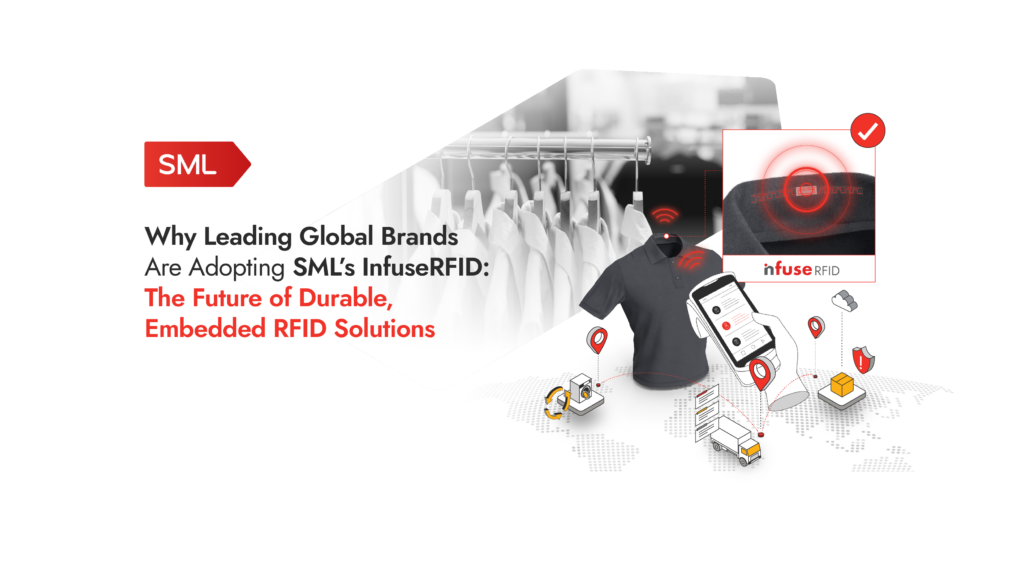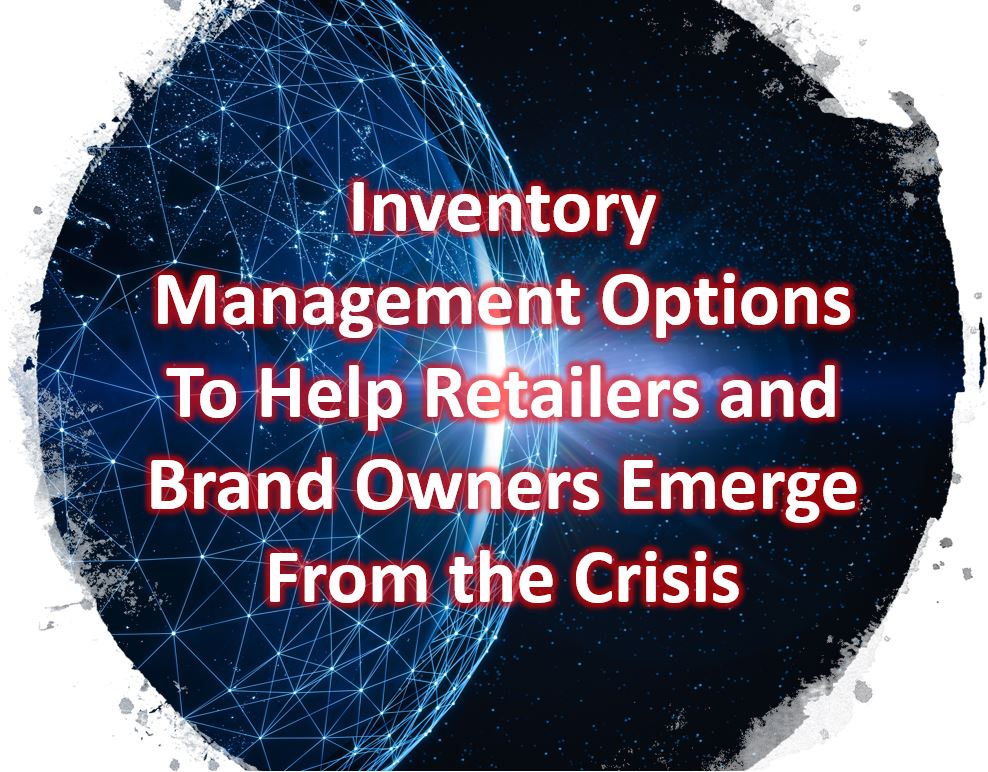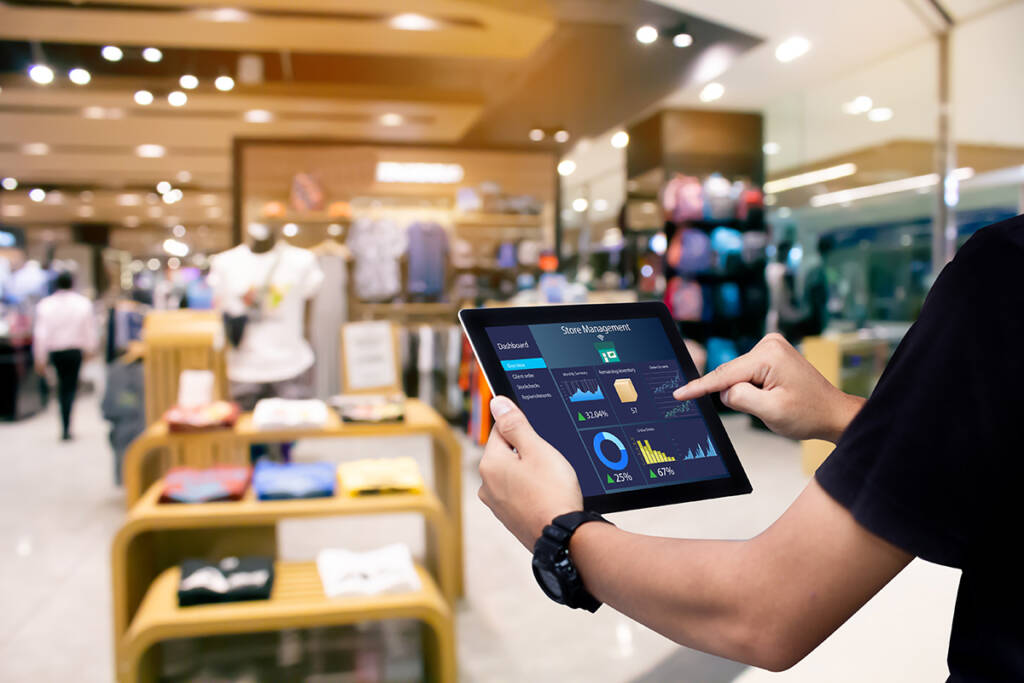Conscious Consumerism: Sustainable Smart Inventory Management
Sustainability in retail is tied to consumer loyalty, and subsequently, business performance and market share. Retailers aiming to thrive in today’s market must take the initiative to address the growing consumer demands around sustainability and other values of conscious consumerism.
What Is the Meaning of Conscious Consumerism?
Conscious Consumerism is a term used to describe customers’ mindful approach to shopping—ensuring that they consume less and that the products they purchase are sustainable. Conscious consumerism examples include boycotting fast fashion brands, purchasing sustainable products, preferring sustainable packaging, and a general awareness of how purchases impact the long-term viability of the environment.
Conscious Consumerism: Why It Matters for Retailers?
Customers are at the heart of everything in retail and their values have a direct impact on their purchasing decisions. Brands that fail to align themselves with consumers’ values can be at risk of falling behind competitors who leverage this information to maintain and enhance customer loyalty. With conscious consumerism on the rise, it becomes even more important for brands to align themselves with consumer values and reduce their carbon footprint. The question isn’t ‘why should retailers care about sustainability?’ but ‘What steps can they take to improve sustainability?’
According to Statista shoppers worldwide were willing to pay up to an average of 24% more for sustainably produced consumer goods. Innovative technologies such as RFID can help retailers minimize their carbon emissions, enabling them to overcome sustainability challenges. Using smart inventory management solutions, retailers can significantly reduce their carbon footprint while improving operational efficiency.
Reducing Environmental Impact with Smart Inventory Solutions
RFID technology facilitates brands with real-time visibility of their inventory, enabling them to make informed inventory decisions. By leveraging item-level RFID technology, retailers can work with accurate inventory information to track the flow of merchandise through the supply chain while correcting shipping errors from a factory of origin and from outbound distribution center fulfillment. This allows them to control their inventory management in real-time and optimize their order procurement.
Retailers can automate their reordering processes based on real-time demand and sell-through rather than predictions, reducing the likelihood of excess inventory. Ultimately, this allows brands to reduce emissions from unnecessary production, shipping, and inventory storage. Enhanced accuracy and increased sorting speed reduce the time items spend in transit, and this in turn, significantly minimizes energy requirements for handling and maintaining inventory distribution centers, allowing brands to minimize their carbon footprint.
In the food and quick service restaurant (QSR) industry, RFID’s traceability capabilities can help businesses precisely track the expiration dates of perishable items, significantly reducing the waste in the supply chain. SML’s item-level RFID technology provides up to 99% inventory accuracy, allowing brands to make effective decisions quickly.
How RFID Can Minimize Emissions in Logistics
With RFID deployed, brands can allocate inventory replenishment to stores correctly and avoid sending excess products to stores where the store inventory is understated due to inaccurate inventory. This identification of ‘bloated’ or excess inventory in stores allows retailers to replenish only needed items and reduces the number of transportation trips while allowing for consolidated shipments. Reduced transportation minimizes emissions and saves fuel consumption, leading to a more sustainable supply chain.
Additionally, by tracking goods at item-level throughout their lifecycle, RFID can help retailers improve their returns management and recycling processes. This allows brands to make their reverse logistics more efficient, ultimately reducing waste and energy consumption associated with producing new materials.
Promoting Sustainability with RFID
Beyond enabling retailers to minimize their carbon footprint, RFID technology can also play an integral role in helping brands establish sustainable practices. By leveraging detailed tracking of products from production to store shelves, retailers can ensure unsold items can be reused or recycled rather than disposed of prematurely. As a result, retailers can promote a circular economy and encourage sustainable behaviors. Not only does this align their practices with consumer values and enhance consumer loyalty, but it also allows retailers to play their role for a global cause.
SML’s EcoInspire™ Labels and Packaging represent a growing portfolio of sustainable tagging and packaging products to elevate brand experiences for retailers and brand owners. These products use easily recyclable materials that enhance product durability, longevity, and functionality and allow for low-impact maintenance.
Retailers need to act now to leverage RFID technology to make their processes more sustainable and profitable as they align with consumer expectations.
Want to understand more about sustainability in retail? Subscribe to our Sustainability Insight newsletter.










